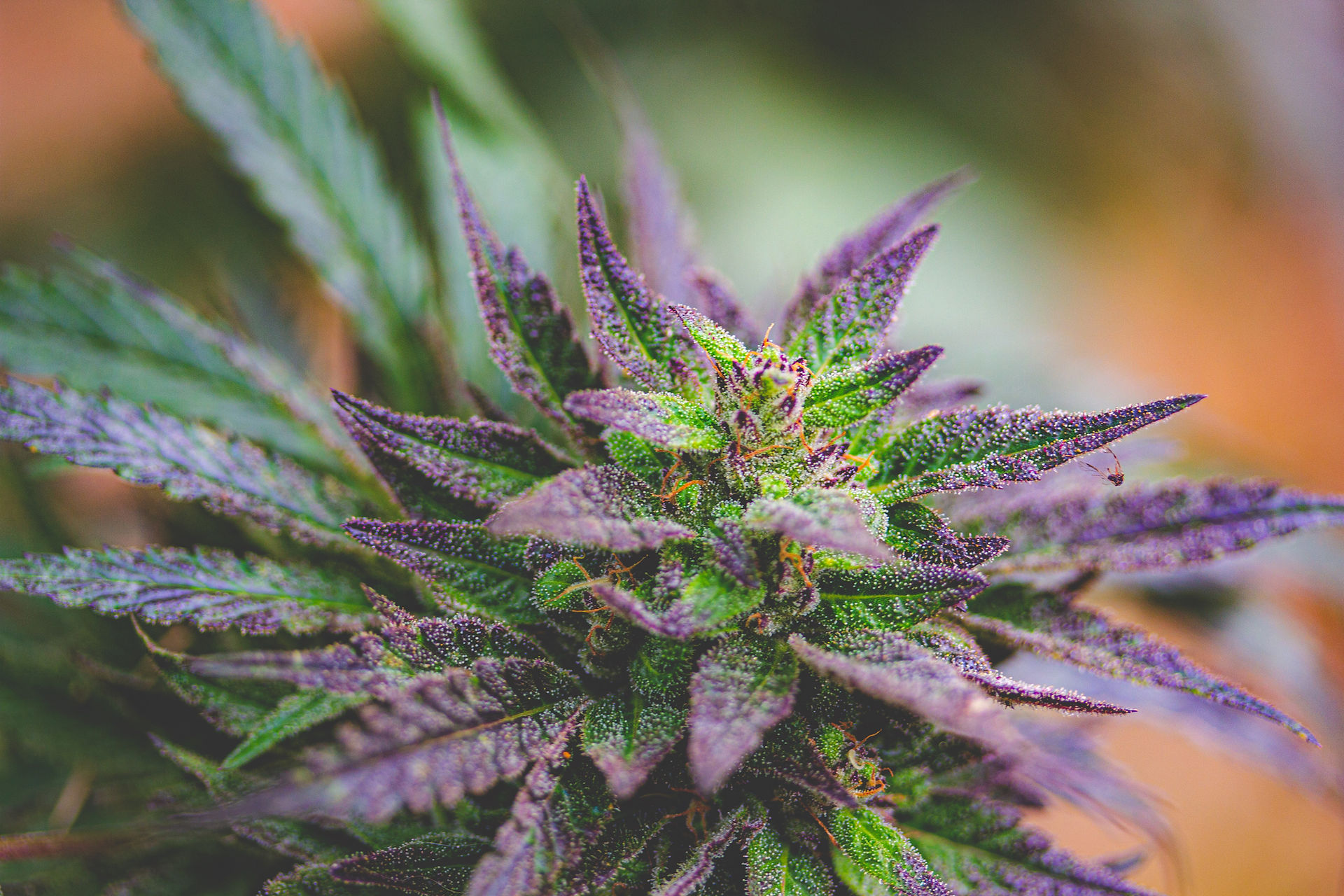Communication issues
- Feb 1, 2023
- 7 min read
An opinion piece from The Hemp Hound Agency

'New to market'...
"Have we effectively communicated this point to the industry?"
13/02/2020...
Yep, my dreams are naff! But then there's something working in the back of my head, and it all comes down to when guidelines are introduced, or more specifically, announced.
Introduced: on 31/12/20 BEIS announced a definition of new to market products.
BEIS definition of new to market product, released on 31/12/20
Announcement to the hemp and CBD industry: Nothing, and I've check the FSA's website, Instagram, LinkedIn and Facebook accounts.

Now the FSA could say that they informed the trade associations, but between you and me, and this is the voice of experience here, some trade associations won't share that kind of information with the industry as a whole. They might not see the relevance of the update and won't say anything to their members out right, or they will make an announcement that suggests they have had a hand in whatever's been relayed to them.
Basically, telling every trade association or consultancy that 'something's happened', isn't telling the industry that 'something's happened'!
So you've seen the BEIS definition, now it's time for the EU definition that had precedence before 31/12/20.
A product is placed on the market (in the UK or EU) when it is made available for the first time on the market, i.e. when it is first supplied for distribution, consumption or use on the market in the course of a commercial activity, whether in return for payment or free of charge. This can be either when a new manufactured product, or a product imported from a third country (new or used), is made available on the market for the first time. This will not change when the UK leaves the EU.
Definition of 'placing on the market' before and after Brexit, presumably a document released before 31/12/2020
This will not change when the UK leaves the EU... interesting words. In fact, considering this is a pre-Brexit document before any decision was made, it's very interesting that 'when the UK leaves' is used instead of 'if the UK leaves'!
There's a big difference between them though, but does it matter? And more to the point, did the FSA inform the CBD industry, or any industry by them for that matter, of such changes?
Well no, and no, and in that order
No - any company that released products after 13/02/20 with the intention of getting them into the Novel Foods Amnesty were either planning to suggest to the FSA that those products were available at the right time, or knew that an amendment was on its way... an amendment that wasn't going to happen at that as well!
There is a third possibility, and that is that there are legal agreements between the FSA and other companies who happen to have validated products, which is something I'm looking at intently.
No - the FSA should have made sure that everyone knew of the BEIS update, not just because it had the chance to effect the Novel Foods process, but also because that guidance would have a bearing on all companies within the FSA's sphere of influence.
“Have we effectively communicated that point with the industry”
Well the FSA stated 'on the market' at the start of Novel Foods, only for us to get within 3 months of an application deadline and the definition changed. They didn't inform anyone of that change, but we seemingly have companies riding off it.
The thing that really gets me though is that this isn't the first time that a definition has changed, because we had guidance delivered on how synthetic CBD can be defined as a food and is the same as CBD isolate, after synthetic CBD products had been validated and described on the FSA's public list in a way that could confuse it for a CBD isolate.

Strange that, right? Guidelines changing halfway through a process that many are committed to? And what about the threat of other guideline changes? let's not forget the call for a review on controlled cannabinoid levels and testing requirements, and of course the HO coming out and saying the 1mg rule doesn't apply despite there being no amendment to their 2019 CBD and cannabinoid fact file document.
All of that was announced though, and to the point that it could be argued the vast majority of those who could be effected by such moves would have known. Nothing however was said about the BEIS document, neither has any direction been identified when people such as myself cry foul on those products that weren't 'on the market' on 13/02/2020, in the EU definition that had authority before 31/12/2020.
“Have we communicated the point effectively to the industry?”
Well the question is, did the FSA define anything effectively during the run up to Novel Food deadlines for the CBD industry? If they didn't do that, AND they didn't inform the industry of guideline changes, regardless of what government department is the origin of both sets of guidance, the FSA HAVE NOT effectively communicated the point of 13/02/20, and what 'on the market' means, and that's before anything else I can think of!
But that's only part of the problem, see if companies have argued that their products have met the BEIS definition of a new to market product, and after the Novel Food deadlines, why has the FSA not relayed a new definition to the industry to ensure a level playing field? Surely it shouldn't take a public interest disclosure to highlight to the FSA that the hemp and CBD industry was scratching its head on why certain companies seemed to be getting round rules where others were failing on?
And then there's the operational angle of the FSA, who recently said they were struggling to unpick themselves from EU guidelines, so are we in fact letting companies through the back door on the suspicion that the relevant guidance comes from BEIS, when we're still working by EU guidelines within the UK food and beverage sectors?
Lots of questions, but I suppose the best one is this - if the Novel Foods regulation that we're following are from the EU rule book, why does it seem guidance from BEIS is being secretly applied? Because it must be for the FSA not to look into these complaints and dismissing what would be the EU definition of a new product, unless of course there is some sort of legal agreement to leave those products alone, whilst we are still governed by EU rules, but then that would mean a legal agreement has been created that gives someone an unfair market advantage despite not qualifying for the Novel Foods Amnesty...
And just so we're on the same page
The amnesty itself WAS for products that were available on 13/02/20, companies who intended to release products after that deadline were told by the FSA on 13/02/20, and on the Hemp & CBD Expo between 29/02/20 and 1/03/20, that they wouldn't be allowed on sale, and would only be allowed on the market as soon as those products were authorised.
There are 3 categories outside being removed from the public list: awaiting evidence, validated, and authorised. No products are authorised, but a lot of the validated products were in fact not available on 13/02/20 regardless of if you follow the guidance for the EU or BEIS
Let's just look at a few of those companies who may or not be going by unannounced guidance though
Cannaray – Despite launching on 28/02/20, 15 days after the deadline for products on the market, they offered free full sized samples. The screenshot below shows that one person was still without their products on the week of the 13/02/20 deadline, and that Cannaray stated there was an issue, so their products weren't available either in the context of the BEIS guidance (invoice as products were free, shipping contract as there were no products to ship, contract for sales as they launched on 28/02/20), or the EU guidance (given for free). But they're still on the FSA's public list, which states that all companies had products that were on the market on or before 13/02/20.
Screenshot from public interest disclosure complaint submitted by The Hemp Hound Agency, which strangely seems to have been removed from Instagram
Pureis - Well their first product, 20mg capsules, had a cannabinoid profiling done before 13/02/20, but microbrial testing wasn't done till November of that year, with the product being released after it was validated the year after. So did they sell a potentially unsafe product before 13/02/20 to someone, and if it's not been tested properly before 13/02/20, is it actually a bonafide product at that point?
Pureis' first product, this file has also been removed since I initiated the public interest disclosure complaint
Brains Botanicals – their products were launched at the tail end of 2022, even though the were validated more than a year before, so how's that even work?
Thankfully this is an industry publication, so unlike with others this article has not been removed by the company in question
4MP – Their capsules were on pre-order before they had a physical label for the product, so was it a legitimately finished product?
Despite this post being on Facebook, 4mp have removed posts from their social media platforms after I identified the brand and their products as bending the rules on what is 'new to market
So fault of the FSA, or are companies trying to pull a fast one on new guidelines that the FSA really should have announced by now? I'll let you decide, but the FSA will be replying to my public interest disclosure complaint soon, and 13/02/20 and communicating points with the industry are very prominent within it.
But that leaves us with one final issue to wrap up on, and that is with companies who are hiding evidence whilst being investigated, so now we call them out!
For more information about The Hemp Hound Agency, email cefyn.jones@hemphound.co.uk











Comments